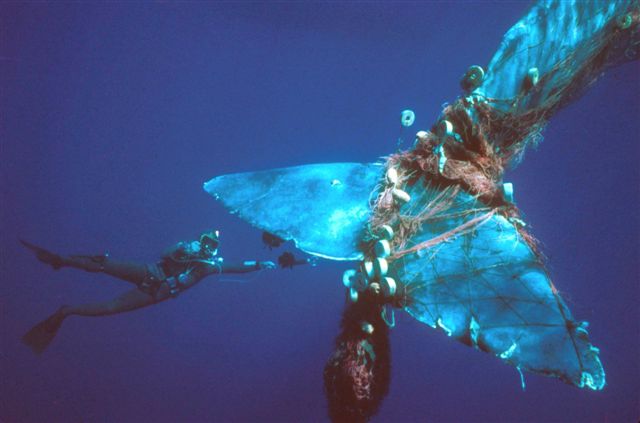OSPAR welcomes cosmetics industry microplastics pledge
OSPAR Welcomes Cosmetics Industry Microplastics Pledge
The OSPAR Commission welcomes Cosmetics Europe’s recent recommendation that its members discontinue the use of microbeads in their products. Implementation of this recommendation will deliver a signifcant contribution to ending the use of synthetic solid plastic particles used for exfoliating and cleansing that are non-biodegradable in the marine environment, in wash-off cosmetic products from 2020.
The announcement builds on one of the key actions in OSPAR’s Marine Litter Regional Action Plan for the North East Atlantic in which the Germany and the Netherlands were lead countries. The action states OSPAR should: “engage with sectors including manufacturing and retail to develop a voluntary agreement to phase out the use of microplastics as a component in personal care and cosmetic products. Should a voluntary agreement prove not to be sufficient, prepare a proposal for OSPAR to call on the EU to introduce appropriate measures to achieve a 100% phasing out of microplastics in personal care and cosmetic products.”
OSPAR’s objective is to substantially reduce marine litter in the OSPAR Maritime Area to levels where properties and quantities of marine litter do not cause harm to the coastal and marine environment. OSPAR entered into a dialogue with Cosmetics Europe in spring 2015 to discuss the voluntary phase out of the use of microplastics in personal care products. This builds on the efforts of NGO campaigns, such as “Beat the Microbead”, which have persuaded some major cosmetics manufacturers to phase out their use.
Mr. Loïc Armand, President of Cosmetics Europe, stated: “In adopting this Recommendation, Cosmetics Europe and its membership are addressing public concerns, and committing to work with regulators on a science based approach to the issue of plastic micro particles. We are also committed to building, with other international associations, global alignment of the cosmetics industry on this issue.”
There are many sources of emissions of microplastics into the marine environment other than microplastics from cosmetics. Therefore, OSPAR is holding a conference jointly with the Ministry of Infrastructure and the Environment of the Netherlands on 9-10 December 2015, entitled ‘Closing the plastic value chain: measures for reducing microplastic emissions’. The conference will identify potential measures to reduce microplastics emissions from relevant sources.
OSPAR Chairman, Victor Escobar, stated: “We welcome this initiative from Cosmetics Europe and look forward to working with them to monitor the reduction of emissions of microplastics into the marine environment as a result of this commitment. OSPAR is committed to reducing the amount of marine litter in the North East Atlantic and will implement this action along with the many other actions in its marine litter action plan over the coming years.”
OSPAR's group of marine litter experts
The group of OSPAR experts on marine litter (ICG-ML) met in Shetland (UK) this week to discuss the assessment and monitoring of marine litter as well as the implementation of the Regional Action Plan (RAP). The meeting focused on the OSPAR Common indicators on beach litter, seabed litter and plastic particles in Fulmars' stomachs (an indicator of floating litter and impact on biota) and their draft assessment for OSPAR's Intermediate Assessment 2017.
The group also considered the development of new indicators on the impact on biota and microplastics. The work on the RAP will follow up on delivery of actions for this year including the voluntary phase out of microplastics in cosmetics and draft background documents on port reception facilities and microplastics. It will also strengthen the OSPAR Recommendation on Fishing for Litter.

